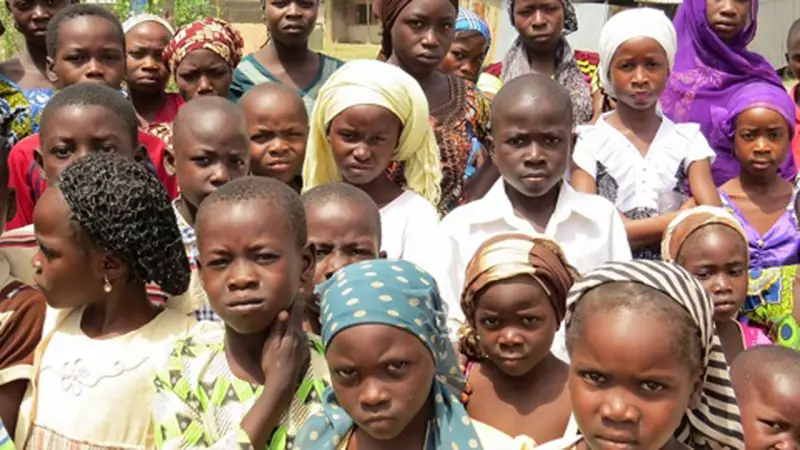
Operators of orphanage homes throughout Nigeria are making a compelling case for strengthened partnerships between childcare institutions, biological families, and local communities. This collaborative approach aims to revolutionize the traditional orphanage model by creating a more inclusive and family-centered care system for the nation's most vulnerable children.
A Paradigm Shift in Childcare Philosophy
The call for transformation comes as childcare experts recognize the limitations of institutional care alone. Rather than operating in isolation, orphanage homes are now seeking to integrate biological families into the care process whenever possible. This innovative approach acknowledges that maintaining family connections, even in challenging circumstances, provides crucial emotional and psychological benefits for children.
Building Bridges Between Institutions and Families
The proposed model emphasizes regular interaction between children in care and their biological relatives. Through structured visitation programs, family counseling, and support services, operators believe they can create a more holistic support system. This method not only preserves important family bonds but also prepares children for potential reunification when family circumstances improve.
Community Integration as Key to Success
Beyond family connections, orphanage operators are championing greater community involvement in childcare. Local communities possess unique cultural understanding and resources that can significantly enhance the quality of care provided. By tapping into these community assets, orphanages can create more culturally relevant and sustainable support systems for children.
The movement toward collaborative care represents a significant evolution in Nigeria's approach to child welfare. By breaking down barriers between institutions, families, and communities, stakeholders believe they can create a more compassionate and effective system that truly serves the best interests of every child.





